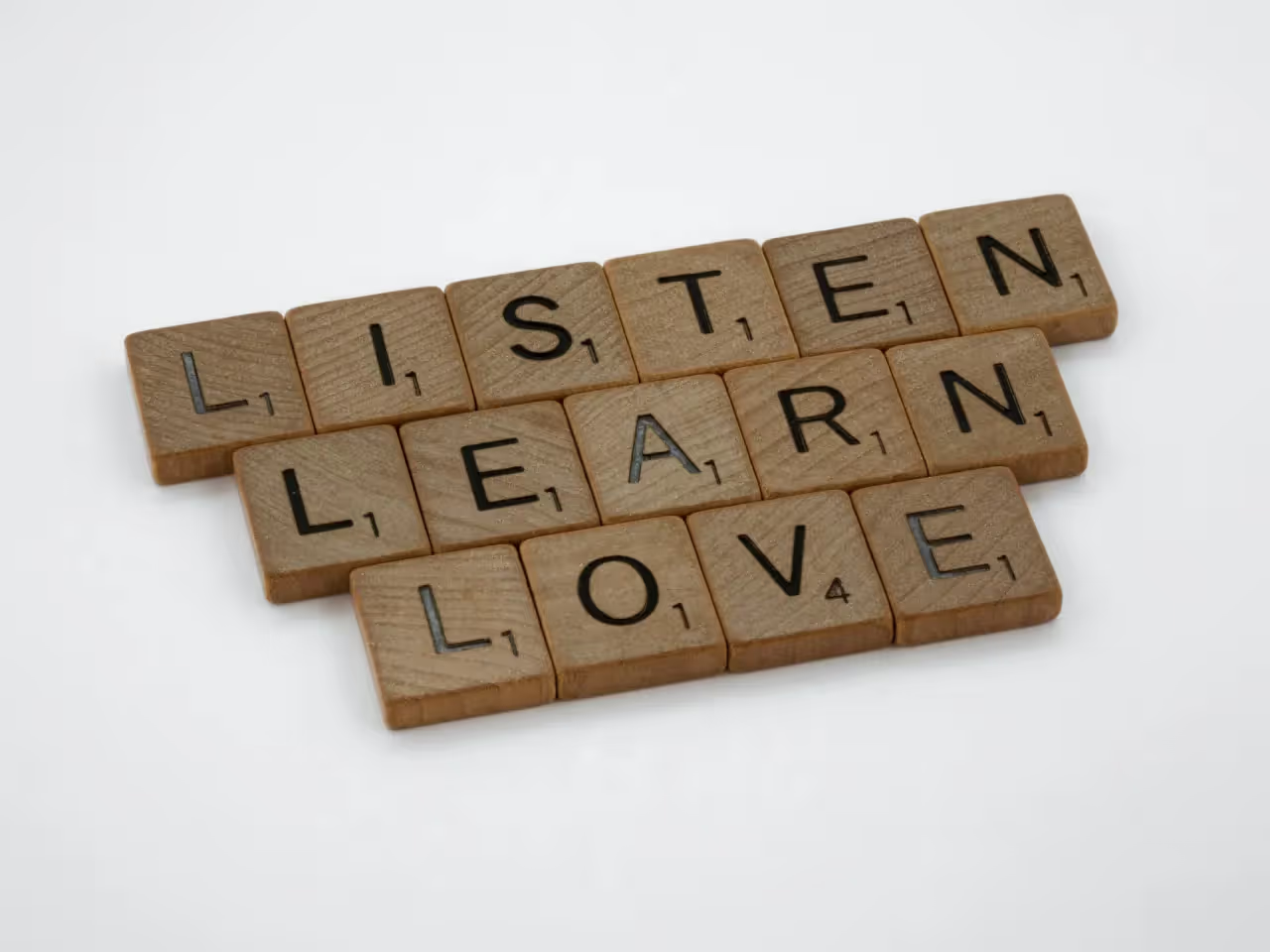Autism spectrum disorder is a condition that we're continuing to learn about. It influences people with varying skills, interests, and abilities. Those on...

Autism spectrum disorder is a condition that we're continuing to learn about. It influences people with varying skills, interests, and abilities. Those on the spectrum might behave differently compared to the general population and may have sensory sensitivities, including heightened reactions to light and loud noises. This can make social interactions challenging and can be helped with counseling.
Research, including studies by the national autistic society, suggests that positive social interactions can benefit autistic individuals and their families. Let's explore what does autism feel like and how it impacts everyday life. We'll discuss daily life with autism, touching on aspects such as social skills, nonverbal communication, and self esteem. We'll take a look at sensory issues, including sensory input and sensory sensitivity, and how background noise and repetitive noises can affect people with autism. We will also want to learn more about how related conditions like attention deficit hyperactivity disorder and ways to gain insights into improving social anxiety and connecting with those on the autism spectrum.
Living with autism can feel like a bit of a rollercoaster. You may feel easily overwhelmed by sensory inputs, and at times, the world can feel like a chaotic place. Having autism can feel like sensory overload. One day you might be feeling confident and the next day you might be struggling to leave the house because you're scared and anxious. People with autism can have a difficult time ignoring sounds or other stimuli that the average person may just block out. For example, an autistic child may feel disorientated, confused, and overwhelmed in a crowded setting.
The sound of traffic, many people talking at once, or bright lights can cause a rush of sensory overload that can trigger anxiety and outbursts in an autistic individual. On the flip side, autistic people are able to concentrate very well on something they love. They can become incredibly absorbed in their interests. Their hobbies give them a great deal of meaning in life, and for some people, their favorite pastime may even seem like an obsession.

In the first section of this article, we discussed what it feels like to live with autism. In this section, we'll explore ways in which you can connect with someone who lives with autism.
-Pay attention to the person's emotions and body language:
When people on the autism spectrum find themselves in a new social situation, it can be stressful. They may want some time to themselves or they might ask to go home early. If they're showing signs that they need space, respect their wishes and provide them some room to breathe until they feel comfortable enough to open up again.
- Be mindful of their interests and abilities: Try to learn about the person before going into the conversation. If you know what they're interested in, try talking about that! You could also talk about something you know they have an interest in or are good at.
- Take things at their pace: Some people on the autism spectrum may take longer than others when it comes to socializing and establishing relationships.
This is normal for them - nothing is wrong with that! It might take them more time than other people to get comfortable around others or establish a relationship with someone new. Just give them some space so that they don't feel pressured or uncomfortable around others.
Empathy is the most important skill in social interactions. It helps you to understand how someone may be feeling and what they need from you. When you're trying to connect with someone who lives with autism, it's important to understand that their needs are different than yours. For example, autistic people often have a hard time understanding when someone is joking or being sarcastic. They may take things very literally or have trouble reading facial expressions. This can make it difficult for them to know what another person is feeling or thinking about them.
So, if you met an autistic person for the first time, what should you do? One way to help your autistic friend feel comfortable interacting with others is by asking questions about their interests and hobbies. If they enjoy a certain type of art, find out more information about that form of art and share it with them! When they feel like they belong in a group, they'll be less likely to retreat into themselves. That isn't to say that we are all experts on autism- but knowing some basic principles of empathy will go a long way with someone who lives on the spectrum.

If you want to understand what it's like to live with autism, it's important to empathize with your fellow human beings.
We all want to be understood and accepted for who we are, and that's how it should be.
Remember that living with autism can often feel isolating because those on the spectrum can have difficulty understanding others' emotions and expressing their own. Reach out to someone you know with autism, or simply put yourself in their shoes by imagining what their day-to-day life is like. You may find that you have more in common than you realize!
No, we provide counseling (talk therapy) and medication management for individuals with Autism or those who may have Autism. However, if you require a formal evaluation involving comprehensive testing, we recommend consulting a Psychologist.